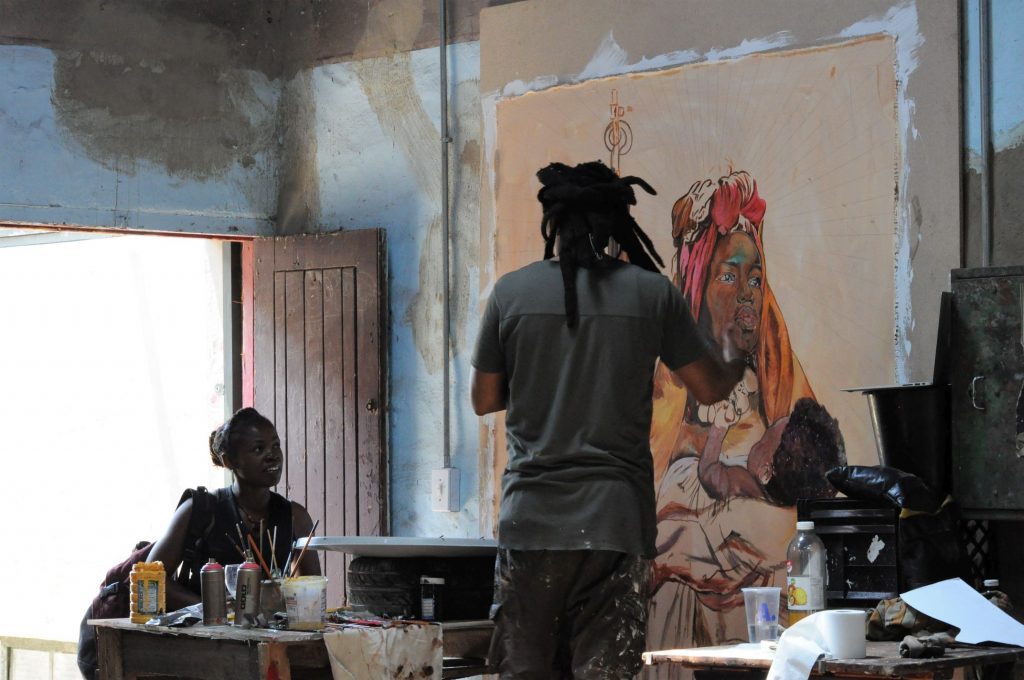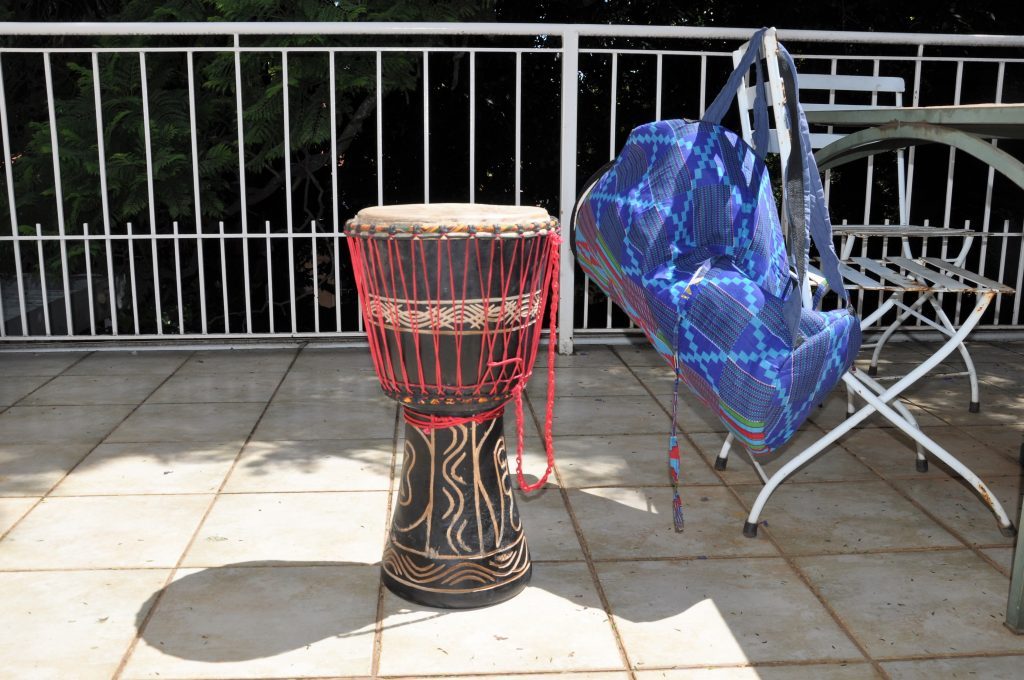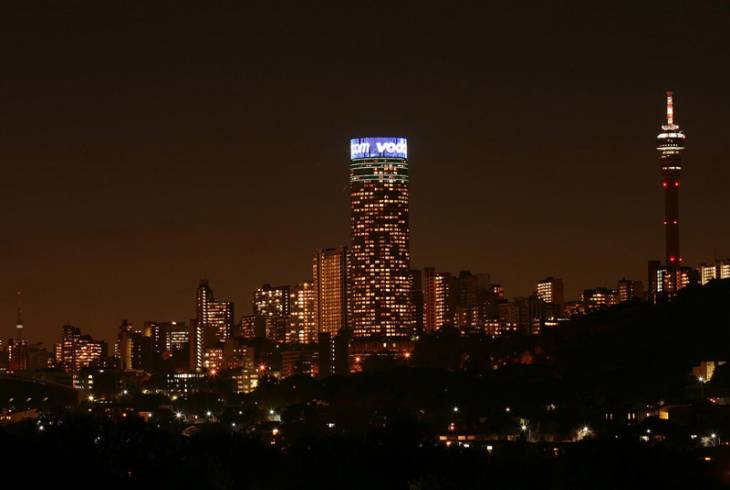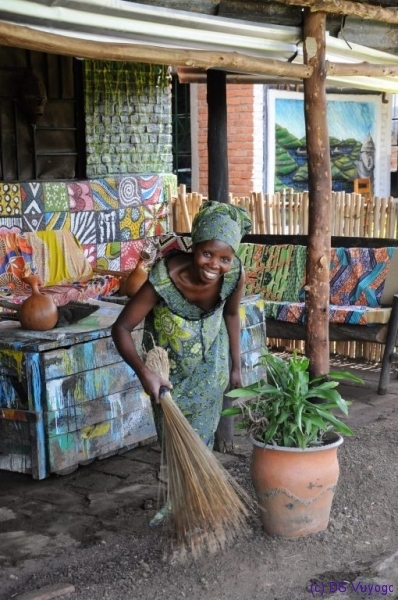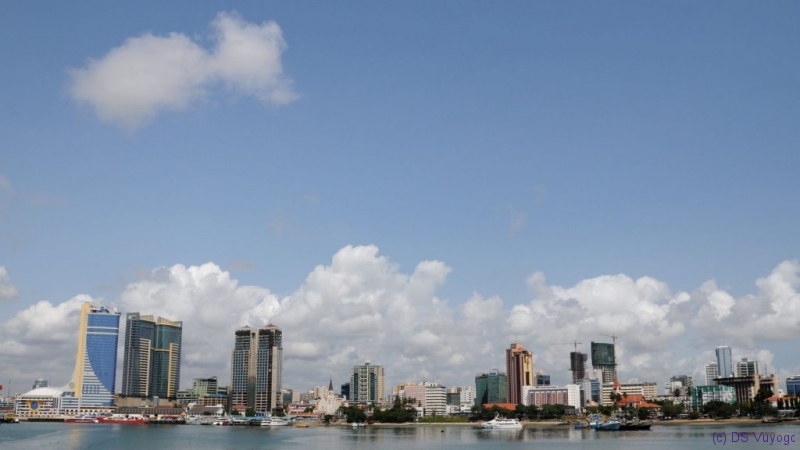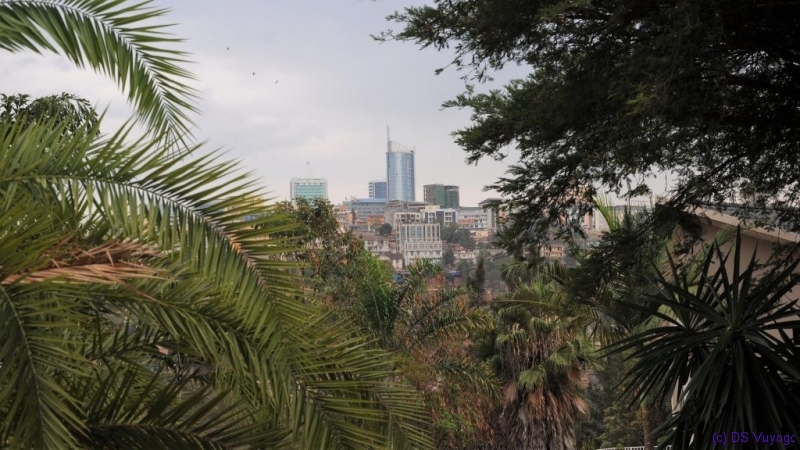Since my arrival, two of South Africa’s greats have left us – first South African poet laureate Keorapetse William Kgositsile, or “Bra Willie” (d. 3 January), and now the father of African jazz and ambassador of African culture, Hugh Masekela, “Bra Hugh” (d. 23 January). Both were fighters for African freedom, which for both of them meant many years of exile from the South Africa under the Apartheid regime. Their view of African freedom was not only that of politics, it goes deeper, and targets what Frantz Fannon had called the “white masks” in black skin. Needless to mention, the arts, music, all of cultural heritage were, and shall I say, are vital (pun intended) in their fight.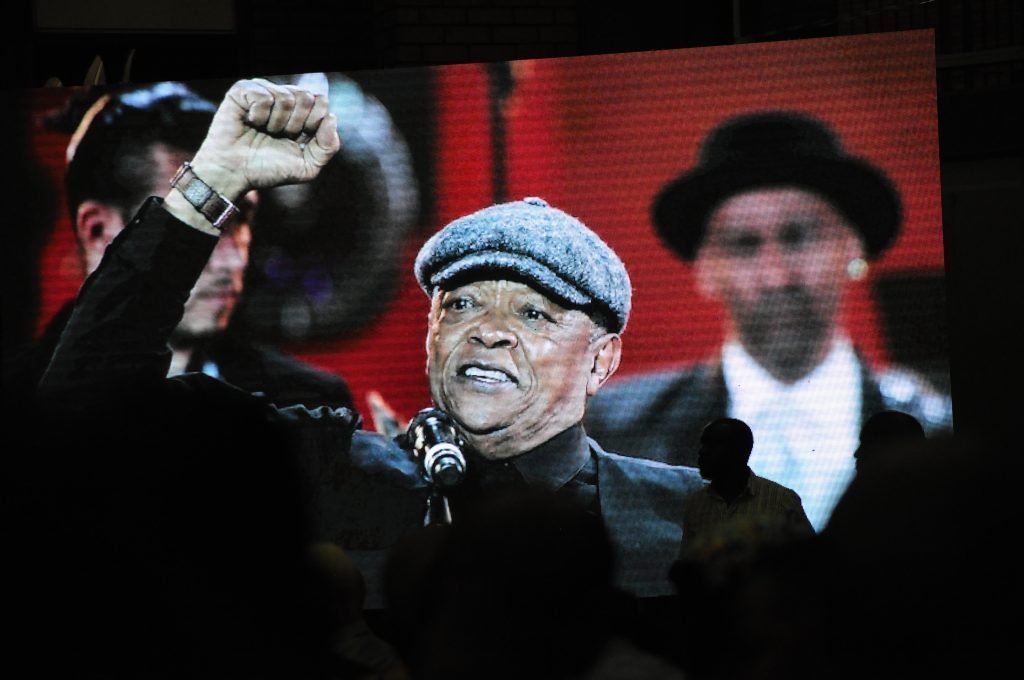 Continue reading
Continue reading
Category Archives: Culture
Images of homosexuality: Ayanda Mabulu and “Inxeba – The Wound”
The last weekend offered two very different encounters with homosexuality, or rather: images of (male) homosexuality here in South Africa.
The first was during a brief meeting with artist Ayanda Mabulu in his studio at Victoria Yards. Ayanda was busy working on a new painting, but he had a few moments and shared his visions on how we should help change views of women in society (or so I recall). A nice guy, and good to talk to.
[There is an explicit image coming up as you scroll down. I’ve warned you.]
On Racism and Othering
The following text is partly in response to friends or anyone really who is rightfully upset and hurt by ongoing racism in the world. My fear is that this pain makes it more and more difficult for us to engage openly, and to challenge ourselves and our prejudice, or if you like: myself and my prejudices. I sense that a lot of people on the receiving end of racism are fed up with finding themselves in a position where they are asked to explain or end racism or are asked to forgive, more so than those who commit acts of racism, directly or indirectly, are willing to do the work to overcome it, or even look at potential racist behaviour, or to admit to their position of privilege.
It’s become longer than I thought, and I believe what truth there is in it is personal, thus not necessarily The capital-T Truth.
The Beat … on drumming in Maboneng
As I am expan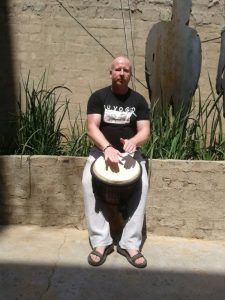 ding my radius in Jo’burg, I went to Maboneng Sunday market (a.k.a. Market on Main) in the company of my flat mate Tuğçe. What a lovely place with nice stuff to buy (I did, a shirt), and plenty of food stands. My main objective though was drumming. My friend Vuyi had told me there would be drummers there, and so I was excited to see for myself, and perhaps to join in. After all I had just bought myself a drum here, though thought wise to leave it at home for this first visit. When our taxi passed by a group of drummers on lively Fox Street I told him to stop. We’d arrived – obviously! I did enjoy the drumming going on there, and later hijacked a drum and played some myself (see below).
ding my radius in Jo’burg, I went to Maboneng Sunday market (a.k.a. Market on Main) in the company of my flat mate Tuğçe. What a lovely place with nice stuff to buy (I did, a shirt), and plenty of food stands. My main objective though was drumming. My friend Vuyi had told me there would be drummers there, and so I was excited to see for myself, and perhaps to join in. After all I had just bought myself a drum here, though thought wise to leave it at home for this first visit. When our taxi passed by a group of drummers on lively Fox Street I told him to stop. We’d arrived – obviously! I did enjoy the drumming going on there, and later hijacked a drum and played some myself (see below).
Sawubona, Johannesburg
On my way from Livingstone to Germanland, I quickly stopped over in Jo’burg, and thanks to Vuyi (enkosi!), I could not only drop a lot of my stuff here, but also enjoyed my first night out in the big city. I was impressed by the skyline at night – where can you see anything like this in Africa? (only partly a rhetorical question) We enjoyed jazz pianist Yonela Mnana in a bar that was called, well, Kama Sutra, seedy names for some of their dishes included. But don’t get funny ideas, it’s a really nice bar. It was on this night that I realized I would be living in a major metropolis for the next six months (greater Jo’burg has 9 million people). The thought scared me somewhat, which did not exactly alleviate any worries about this town’s notoriety for crime and violence. And on the way back we saw police with firearms walking into a compound. Most likely a burglary. Welcome Johannesburg!
Updates of older posts
I’ve updated my blog, and filled in text where there were galleries only. The following older posts have been updated:
Uganda – Gallery #2: Gulu to Mbale – mountains, waterfalls, rainforest and rock art
African women at work
Everywhere I have travelled in Sub-Saharan Africa, the picture is the same: women busy themselves, day in, day out, to do most of the work, chores and otherwise. I may exaggerate, though honestly, I don’t think I do when I say that Africa is run by women, especially in those fields that are run efficiently. This, obviously, excludes politics and a lot of admin. There you have it, I’m happy to stand accused of exaggeration and over-generalization, because I want to make a point. I do not care much for explanations that include the word “culturally”, I just share observations. Cultural practice, in my view, is a choice, and no explanation or excuse for anything.
Tanzania: Dar es-Salaam & Zanzibar
When I realized that entering Tanzania overland from Rwanda was going to be difficult, amongst other things because visas are not issued at the border, and also considering the size of the country and costs involved in entering the Serengeti or Ngorongoro, I decided to deviate from my plan, took a flight to Dar es-Salaam and cut my stay short. After all, I wanted to attend a festival in Malawi in early November, and it felt like I’m running out of time. Seriously? Anyway, my plans changed, I planned on two weeks only in Tanzania. Air Rwanda was as impressive as Rwanda itself, and the flight was truly pleasant. On that note, I’ve come to love the airport announcement tinched in heavy Bantu r/l-mixups that wish you a “prresent frright” instead of a “pleasant flight”, that’s what it sounds like anyway.
Rwanda: Kigali, Musanze to Lake Kivu
The biggest surprise so far! But slowly … Coming in from Kabale in southern Uganda, already the border police gave me the sense of correctness that would prevail through the rest of my stay in Rwanda. Driving at 60km/h, the maximum speed in the country, and for once on the right side of the road again, our bus arrived towards evening at Kigali’s Nyabugogo bus station. Since my request to be picked up had apparently not been heard, I was left at the hustle and bustle of a big African bus station, where many a dodgy looking guy is seeking his fortune from a rather clueless mzungu. It was easy enough for me though to shake most of them off quite quickly, except for one who clung to my heels as I tried to negotiate the buses, taxis and touts at the various bus stops. Helped by a guy from an internet café, I took a cab and off we went towards Murugo hostel. On the way there, I was surprised by boda-boda drivers who were actually wearing a helmet, and indeed had a helmet for passengers as well (and would insist you wear it, as I later learnt)! And almost miraculously, coming from Uganda at least, there were lots of traffic lights, on major roads with countdowns for the green light, and on major roads the corners were equipped with LEDs on the curb. Just wow! Still, the layout of the town is rather difficult, even for a local taxi driver, since most roads are numbered, and the best thing to do is to know a landmark building nearby. I later learnt that the one relevant for my hostel was the Ministry of Agriculture, though no boda-boda (here called “moto”) or taxi driver knew it by this name, nor by its French version, but only as Minagri. The habit of abbreviating words may have been inherited from the French, though that language has been largely abandoned in official contexts in 2007, and relationships with France are complicated, to put it mildly.
Stranger, in degrees
Let me start by stating my conviction that as human beings we are all the same in as much as we share the same basics needs. I even believe that a conscious recognition of this fact could help solve our most urgent issues, political, economic and otherwise, on an inter-personal level. African ways of putting this: umuntu ngumuntu ngabantu, Zulu for ‘a person is a person through other persons’, which is at the heart of the idea of ubuntu, in slightly different terms also present in Martin Buber’s I and Thou. A version more reflexive of the previous colonial situation is the Shona saying murungu munhuwo – ‘a white person (usually mzungu in East Africa) is a human too’. And yet as part of our existence, which is deeply shaped and coloured by our very personal experiences, we may easily forget about this and start setting our individual experience as “norm”, and thus create a default world view that construes everything beyond our own experience as “strange” or “other”. Continue reading


